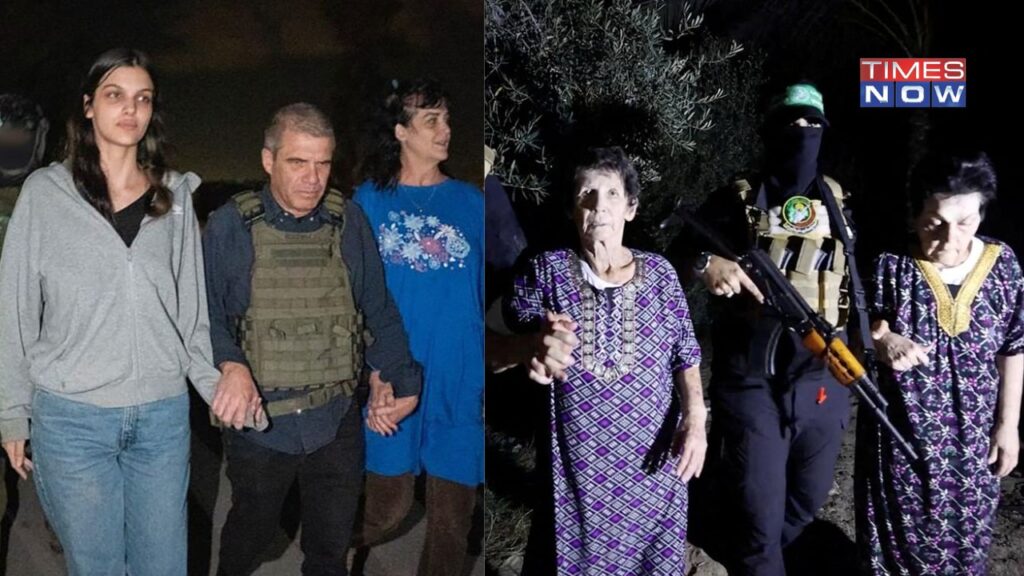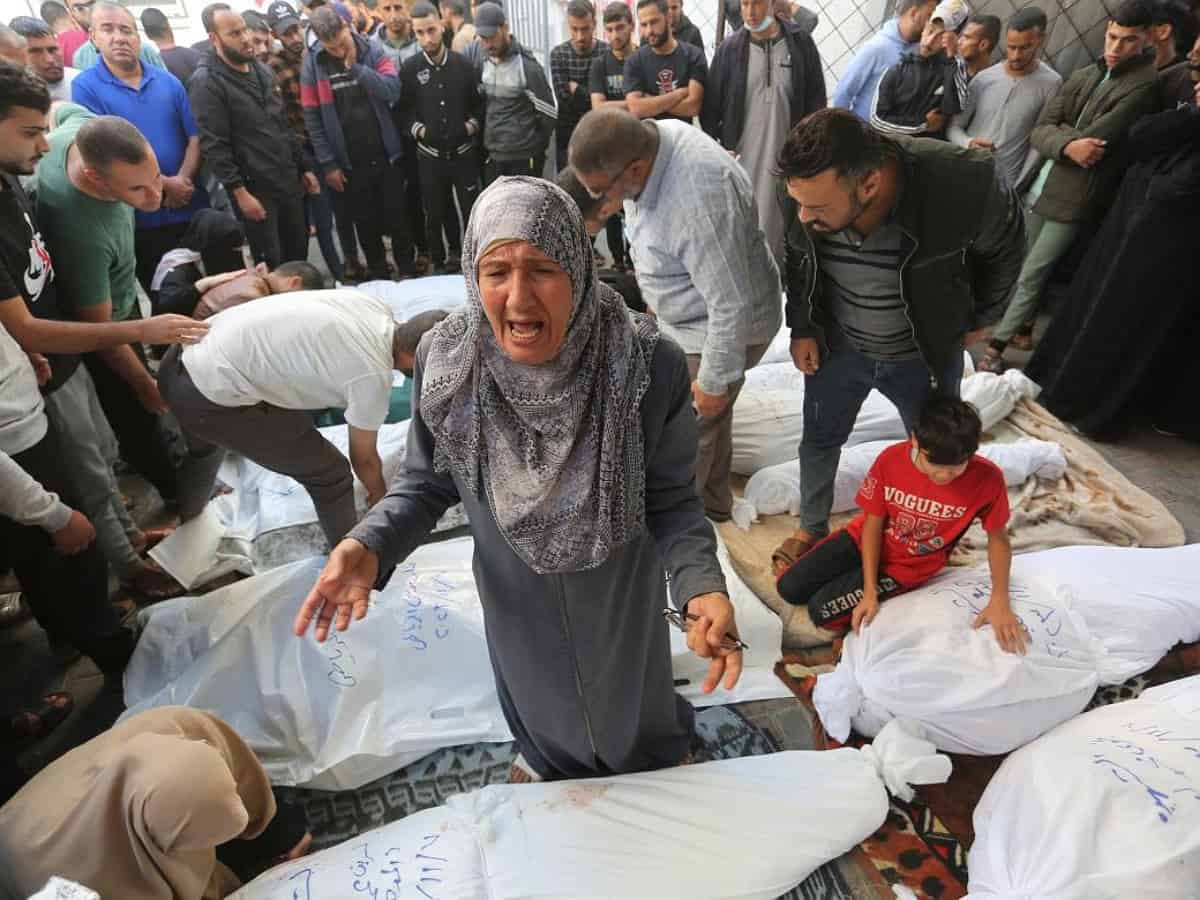
It has been a month since the start of the Israel-Hamas war, which has claimed thousands of lives, began and there is no sign of a ceasefire.
At dawn on October 7, Palestinian militant group Hamas launched the “Al-Aqsa Flood” operation, in which thousands of rockets were fired from the Gaza Strip, storming Israeli settlements, and capturing soldiers and civilians. The objective was to exchange the captives for more than 6,000 Palestinian prisoners from Israeli prisons, including women and children.
Hamas surprise attack on Israel resulted in the death of over 1,400 Israelis, mainly civilians.
Israel responded by launching Operation Iron Swords, threatening Hamas with severe consequences for its attack.
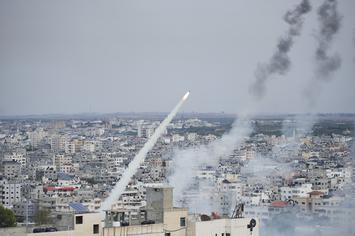
On October 8, Prime Minister Benjamin Netanyahu formally declared war.
On October 9, Israel declared a complete siege, halting power, food deliveries, and water supplies to the 2.4 million residents of Gaza.
On October 13, Israel urged northern Gaza citizens to move south within 24 hours, forcing hundreds of thousands to flee Israeli bombardment.
On October 26, Israel began an invasion of the Gaza Strip, launching a large-scale ground assault.
On October 31, Israeli airstrikes hit Jabalia, Gaza’s largest refugee camp, in the Gaza Strip, killing at least 190 Palestinians and a Hamas commander, and medics struggled to treat the casualties, even setting up operating rooms in hospital corridors.
What is the situation in Gaza Strip?
The war has led to a humanitarian catastrophe in Gaza, with more than 10,569 people killed, including 4,324 children, 2,823 women, 649 elderly with another 26,475 wounded, according to the Palestinian health ministry.
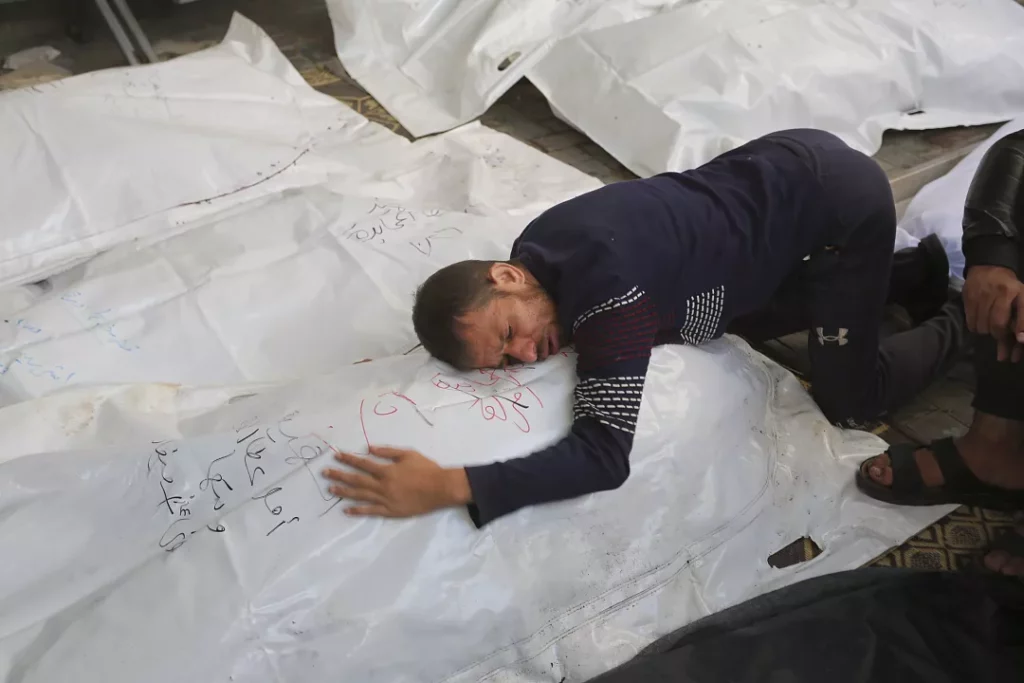
Israel’s bombardment has led to severe shortages, power outages, and ill-equipped hospitals, with doctors often operating without anesthesia and maternity and postnatal services nearly non-existent.
The collapse of Gaza’s water system has led to some residents being compelled to consume salty, dirty water, causing health concerns and potential dehydration risks.
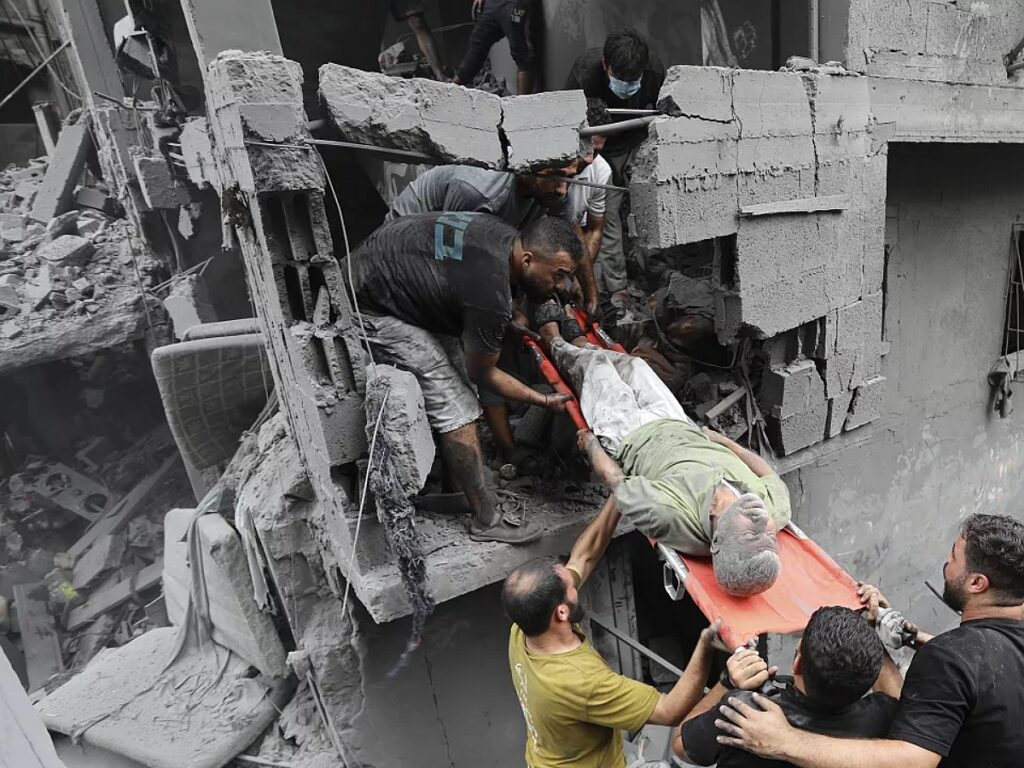
The UN’s Office for the Coordination of Humanitarian Affairs (OCHA) reported that over 1.4 million people in Gaza are currently internally displaced.
Israel’s airstrikes in Gaza Strip has resulted in the destruction of 56 mosques, including 192 that were completely destroyed by occupation forces, Anadoly Agency reported.
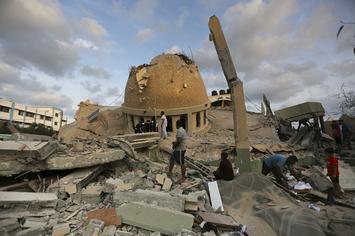
On November 3, at least 15 Palestinians were killed and injured 60 others in an Israeli airstrike on an ambulance convoy in front of the gate of the Al-Shifa Hospital, the largest facility in Gaza City.
Journalists in Gaza face high risks covering the conflict due to Israeli ground assaults, airstrikes, communication disruptions, and power outages.
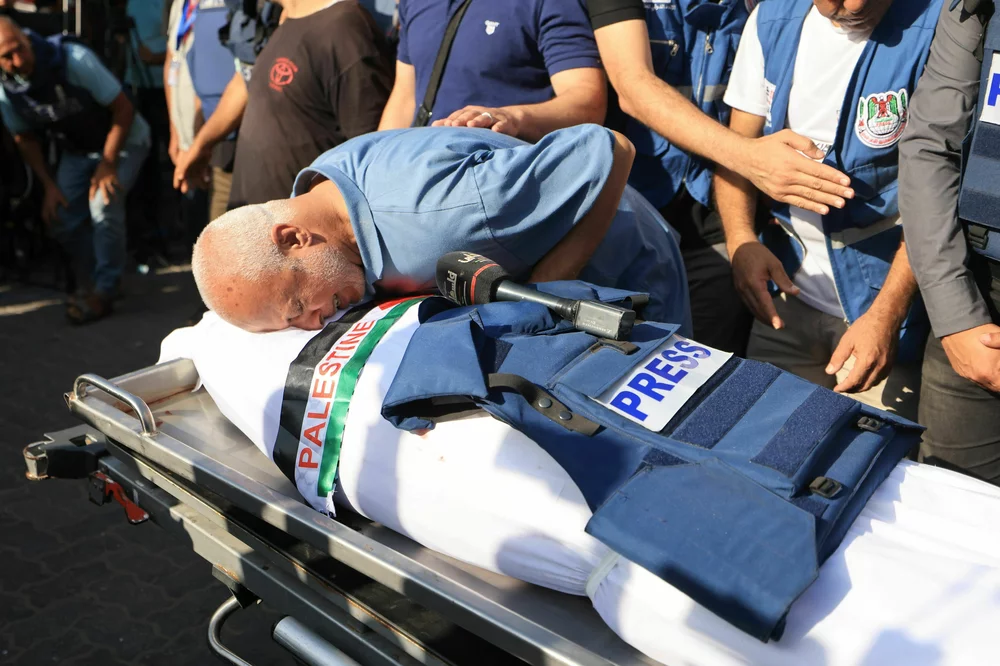
Taking to X, Gazan photojournalist, photographer, and filmmaker, Motaz Azaiza wrote, “I just don’t know.. What to do more, what to lose more or what to show more? We all will be killed and terror will destroy us from the inside and no one will stop the genocide. Stop giving advices you(The whole world) t’s been a MONTH!.”
Aid groups, Arab states and the UN have repeatedly called for a ceasefire to facilitate the delivery of essential goods and services.
Israel has not slowed down its military operations, which are expanding as it pledges to eliminate Hamas permanently.
Israeli Prime Minister Netanyahu opposes a temporary ceasefire in Gaza unless Hamas releases all hostages and continues to block fuel entry.
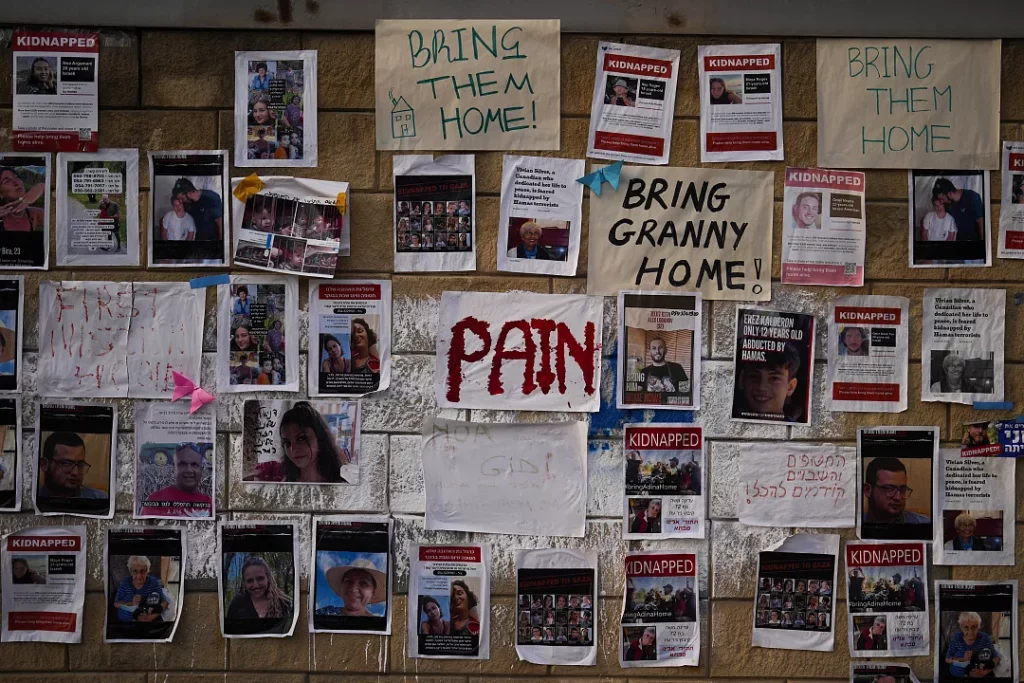
Four Hamas hostages, two Israelis and two American-Israelis, have been released through Qatari and Egyptian mediation.
Bolivia has become the first country to cut diplomatic ties with Israel over its attacks on the Gaza Strip.
Several other countries, including Honduras, Colombia, Chile, Jordan, Turkey, South Africa, Chile, Chad nd Bahrain, have recalled their ambassadors.
“For almost a month, the world has been watching the unfolding situation in Israel and the Occupied Palestinian Territory in shock and horror at the spiralling numbers of lives lost and torn apart,” the heads of major United Nations agencies issued a joint statement on Sunday, November 5.
“We need an immediate humanitarian ceasefire. It’s been 30 days. Enough is enough. This must stop now.”
